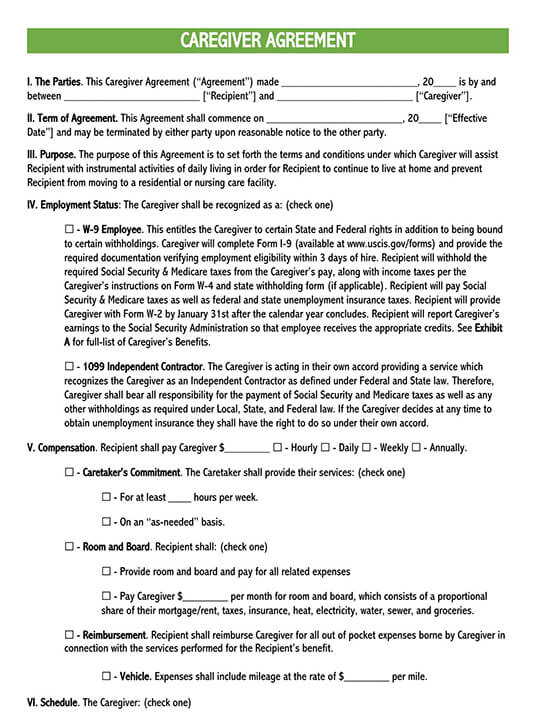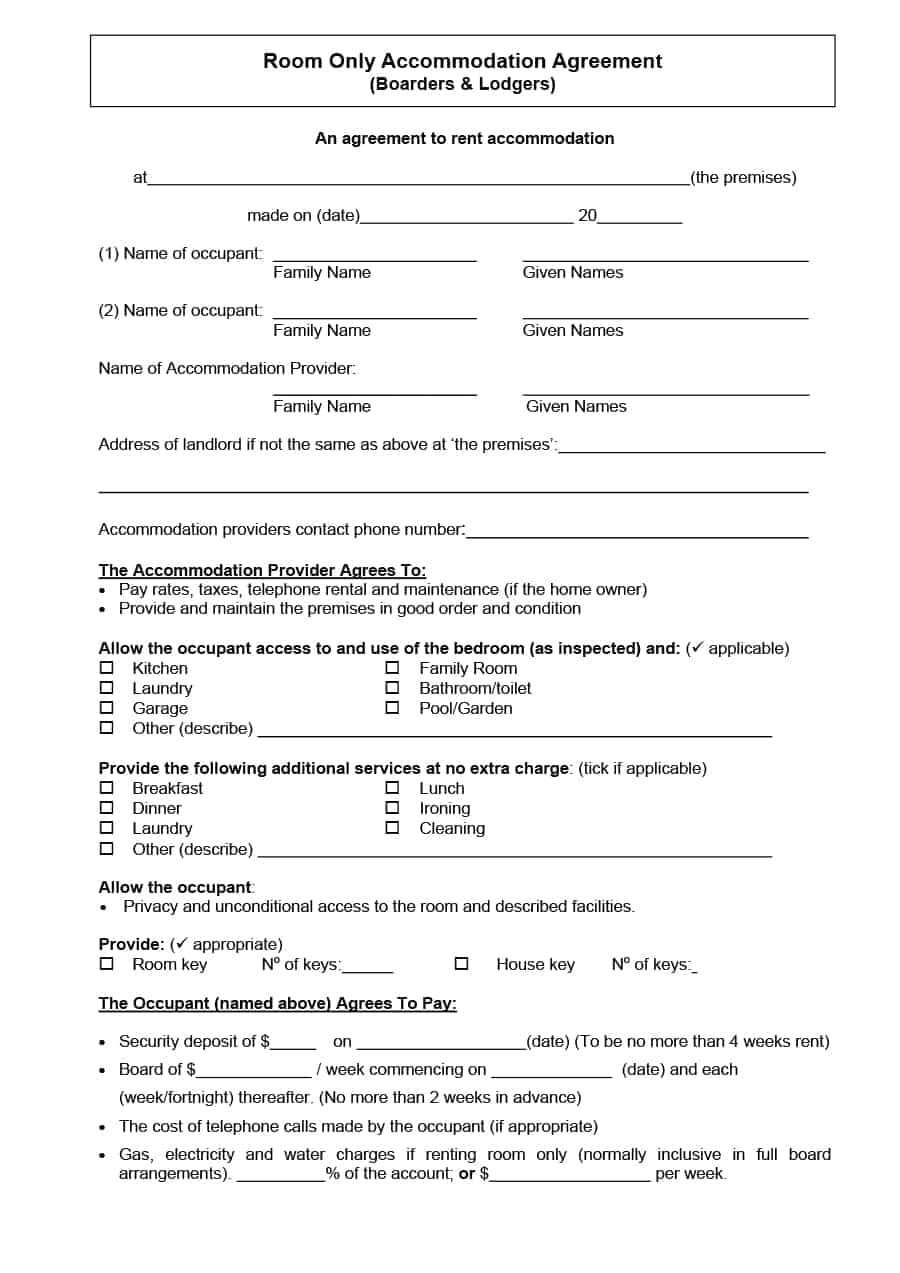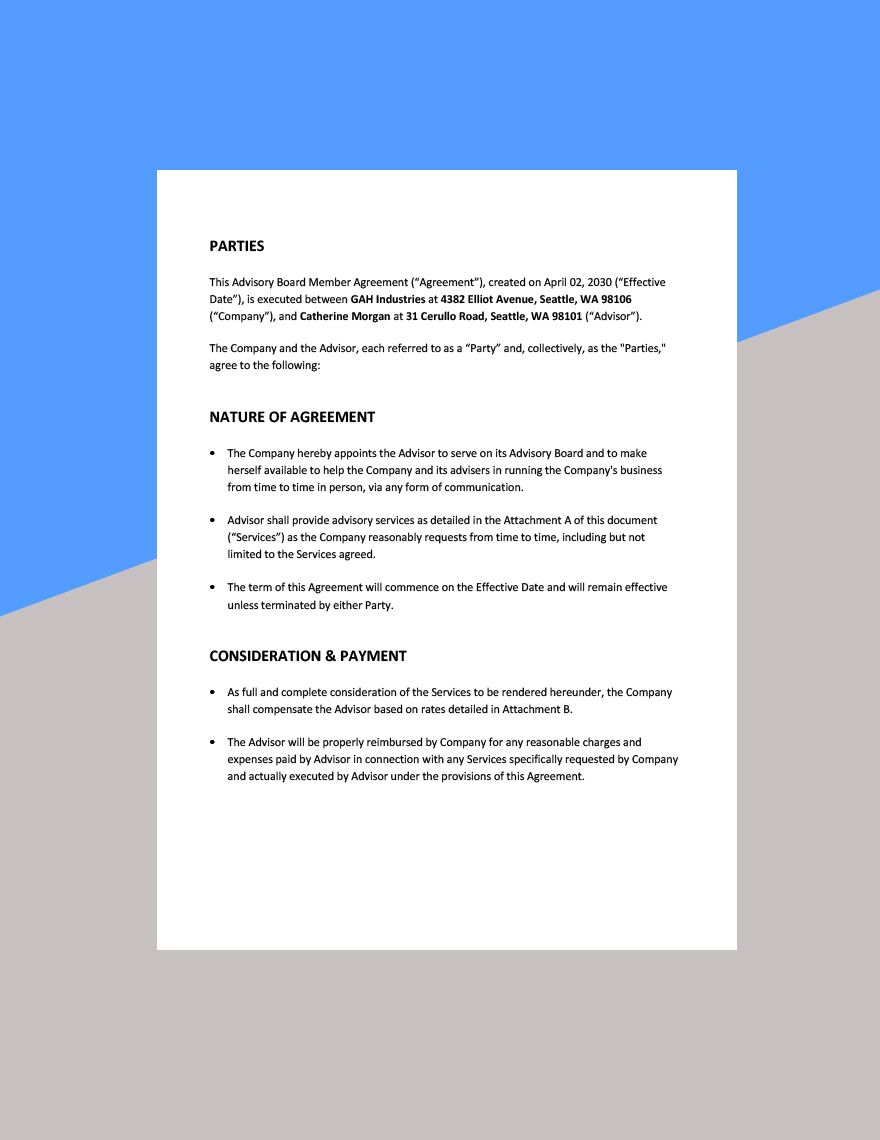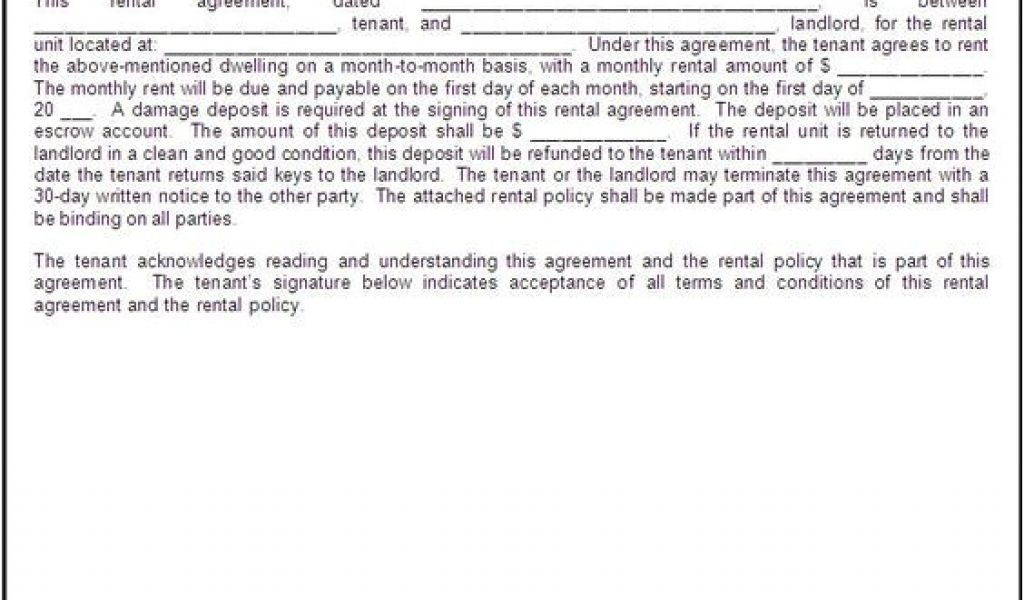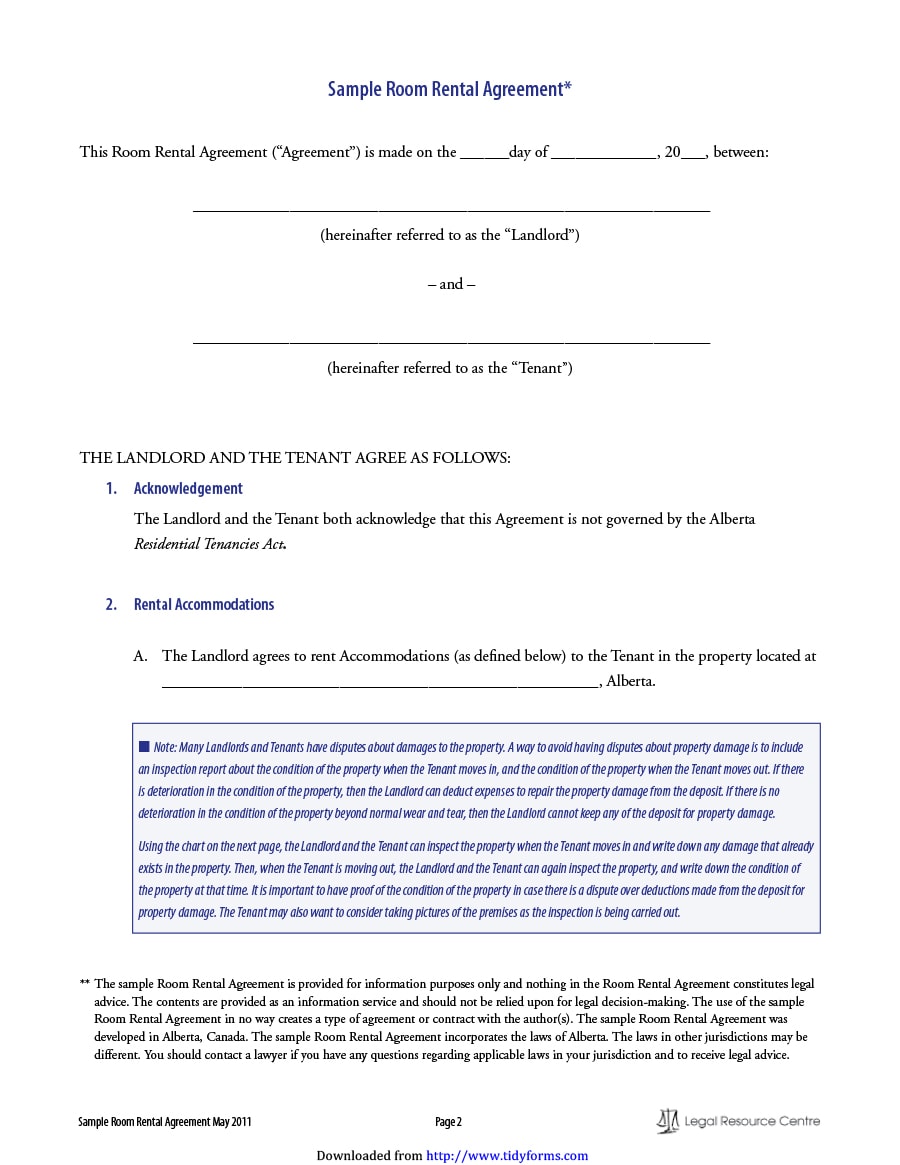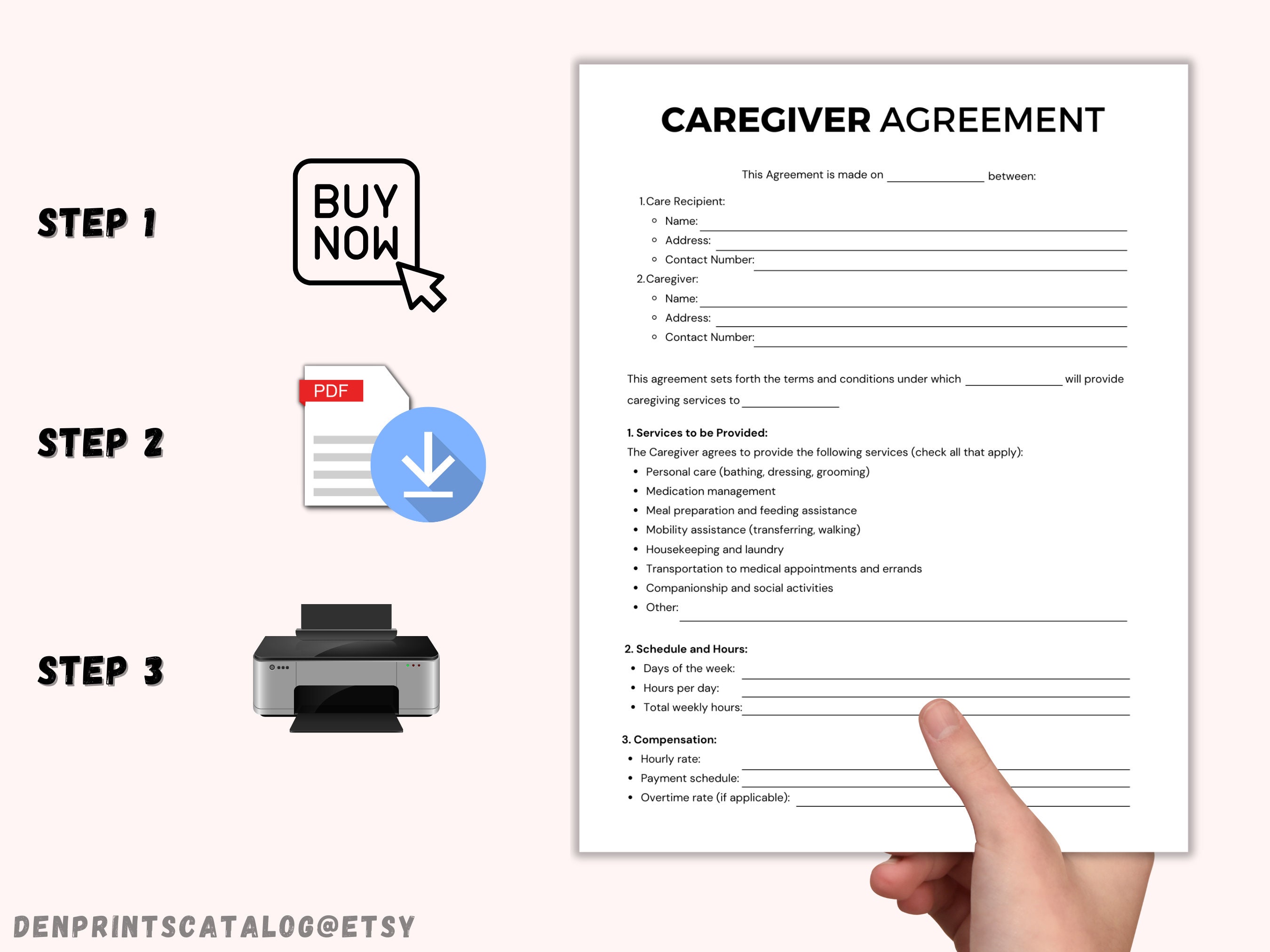Caregiver In Exchange For Room And Board Agreement

Sunlight streamed through the kitchen window, illuminating dust motes dancing in the air above a steaming mug of chamomile tea. Eighty-two-year-old Eleanor carefully poured the tea, her hands, gnarled with age, steady but deliberate. Across from her, Sarah, a vibrant young woman in her late twenties, smiled, the shared quiet a comfortable testament to their unconventional yet deeply rewarding living arrangement.
In an era grappling with soaring housing costs and an aging population, a creative solution is gaining traction: the "Caregiver In Exchange For Room And Board" agreement. This arrangement offers a mutually beneficial solution, providing affordable housing for caregivers while ensuring seniors receive the companionship and assistance they need to remain independent in their homes.
The Seeds of an Idea
Eleanor’s story is a familiar one. After the passing of her husband five years ago, maintaining her large Victorian home became increasingly difficult. While she cherished her independence, the loneliness was palpable, and the physical demands of upkeep were taking their toll.
Sarah, fresh out of college with a mountain of student debt, found herself facing a daunting housing market. Working part-time at a local community center, she encountered many seniors facing similar challenges as Eleanor.
It was at the community center that Sarah first heard about the concept of caregivers exchanging their services for room and board. Intrigued, she began researching the possibilities, discovering a growing movement that connected those in need of care with those seeking affordable housing.
How It Works: A Mutually Beneficial Arrangement
The "Caregiver In Exchange For Room And Board" agreement is a contractual arrangement outlining the specific responsibilities of each party. The agreement typically specifies the number of hours per week the caregiver will provide assistance, the types of tasks they will perform, and the terms of their accommodation.
These tasks can include assistance with daily living activities (ADLs) such as bathing, dressing, and meal preparation, as well as more general household chores, transportation to appointments, and companionship. In return, the caregiver receives a private room and meals, significantly reducing their living expenses.
It’s crucial to establish clear boundaries and expectations from the outset. Open communication and a willingness to adapt are vital for a successful and harmonious living situation.
Legal and Ethical Considerations
Creating a formal agreement is paramount. Consulting with an attorney specializing in elder law is highly recommended to ensure the agreement complies with local regulations and protects the rights of both parties.
According to the National Academy of Elder Law Attorneys (NAELA), the agreement should clearly define the scope of services, compensation (in this case, room and board), termination clauses, and provisions for resolving disputes.
Furthermore, it’s essential to consider the ethical implications of such an arrangement. Caregivers must possess the necessary skills and training to provide adequate care, and they should not take on responsibilities beyond their capabilities. The senior's well-being must always be the priority.
Finding the Right Match
Several platforms and organizations facilitate the matching process between caregivers and seniors. These services often conduct background checks, verify qualifications, and offer ongoing support to ensure a safe and successful arrangement. Care.com and Elder Helpers are examples of websites that offer such services.
The matching process often involves a series of interviews and trial periods to assess compatibility. It’s crucial to find someone who not only meets the practical needs of the senior but also shares similar values and interests.
Eleanor and Sarah, for instance, bonded over their shared love of gardening and classical music. This common ground has fostered a deep connection that goes beyond the transactional nature of their agreement.
The Ripple Effect: Addressing Societal Needs
The "Caregiver In Exchange For Room And Board" agreement offers a compelling solution to several pressing societal issues. It addresses the growing shortage of affordable housing, particularly for young people and those on fixed incomes.
At the same time, it provides much-needed support for seniors who wish to age in place but require assistance with daily living. According to the AARP, nearly 90% of seniors prefer to remain in their own homes as they age.
This arrangement can also alleviate the burden on family members who may be unable to provide adequate care for their aging loved ones. It offers peace of mind knowing that their parent or grandparent is safe, comfortable, and receiving the attention they need.
Challenges and Opportunities
Despite its numerous benefits, the "Caregiver In Exchange For Room And Board" agreement is not without its challenges. Potential issues include personality clashes, differing expectations, and the possibility of the senior's health declining to the point where more intensive care is required.
However, with careful planning, open communication, and ongoing support, these challenges can be overcome. The key is to approach the arrangement with a spirit of flexibility and a willingness to adapt to changing circumstances.
Looking ahead, there is a significant opportunity to expand the availability and awareness of this innovative solution. Increased government funding for matching programs, educational resources for caregivers and seniors, and legal frameworks that protect the rights of both parties can help to scale this model and make it more accessible to those who need it.
A Shared Journey
Back in Eleanor's sun-drenched kitchen, the aroma of chamomile tea filled the air. As they sat together, sharing stories and laughter, it was clear that their arrangement was more than just a transaction. It was a shared journey, built on mutual respect, compassion, and a genuine desire to support each other.
Sarah spoke of how living with Eleanor had broadened her perspective and given her a deeper appreciation for the wisdom of older generations. Eleanor, in turn, expressed her gratitude for Sarah’s companionship and the renewed sense of purpose she had found in sharing her home and her life.
In a world that often prioritizes individual gain, the "Caregiver In Exchange For Room And Board" agreement offers a powerful reminder of the transformative potential of human connection and the enduring value of community.
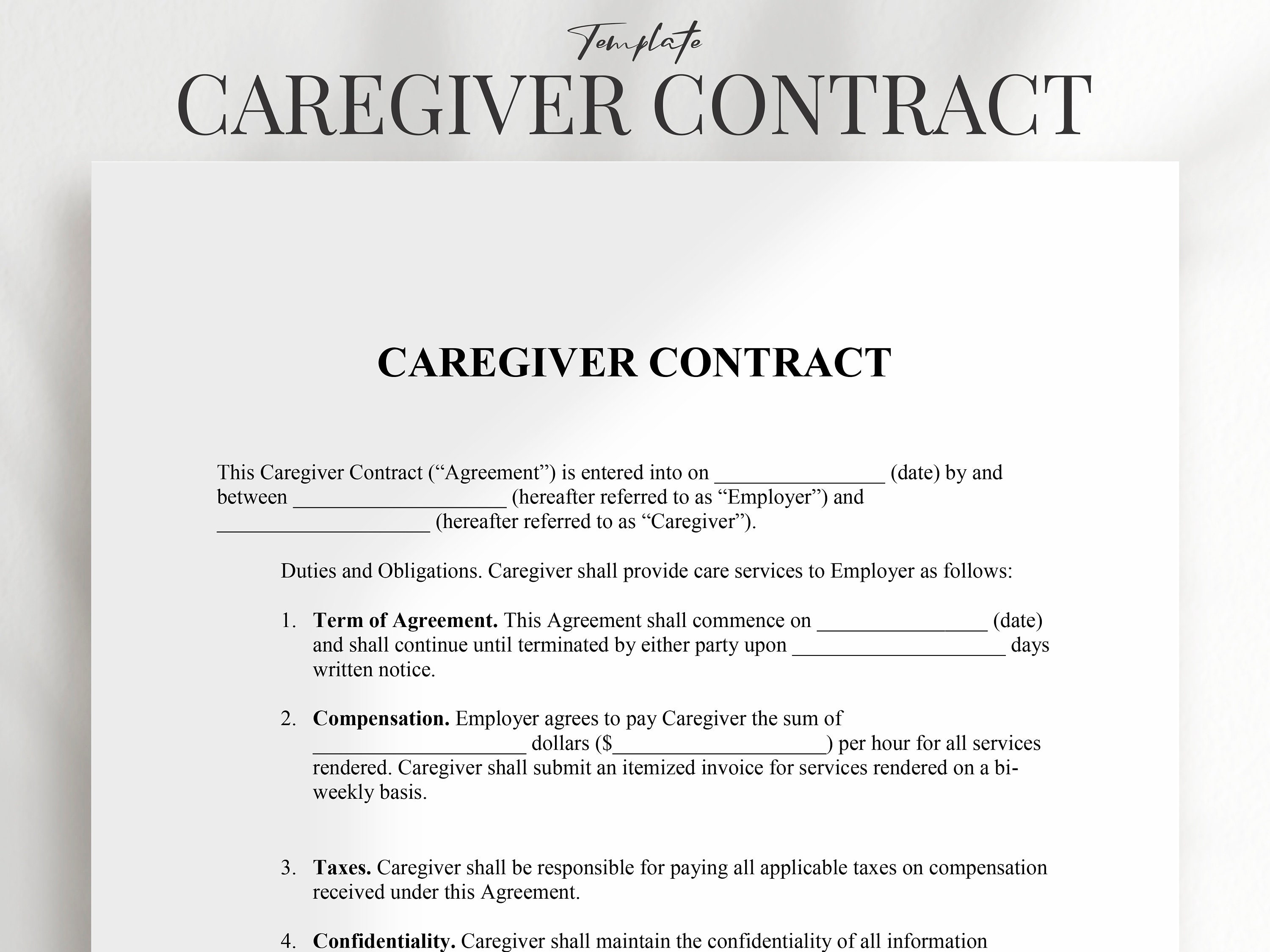
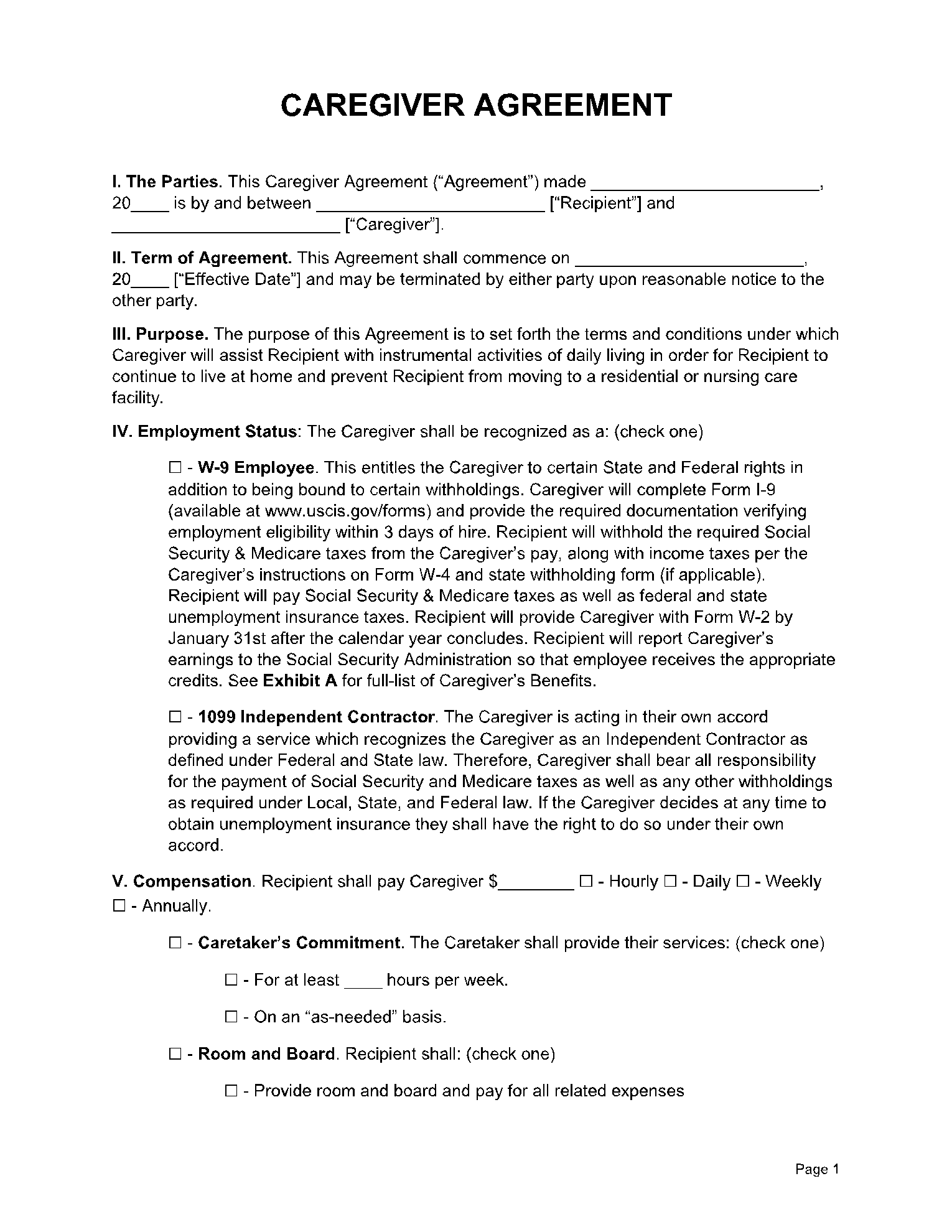


![Caregiver In Exchange For Room And Board Agreement 36 Basic Room Rental Agreement Templates [PDF - Word]](https://www.wordtemplatesonline.net/wp-content/uploads/2022/08/Room-Rental-Agreement-11.jpg)

